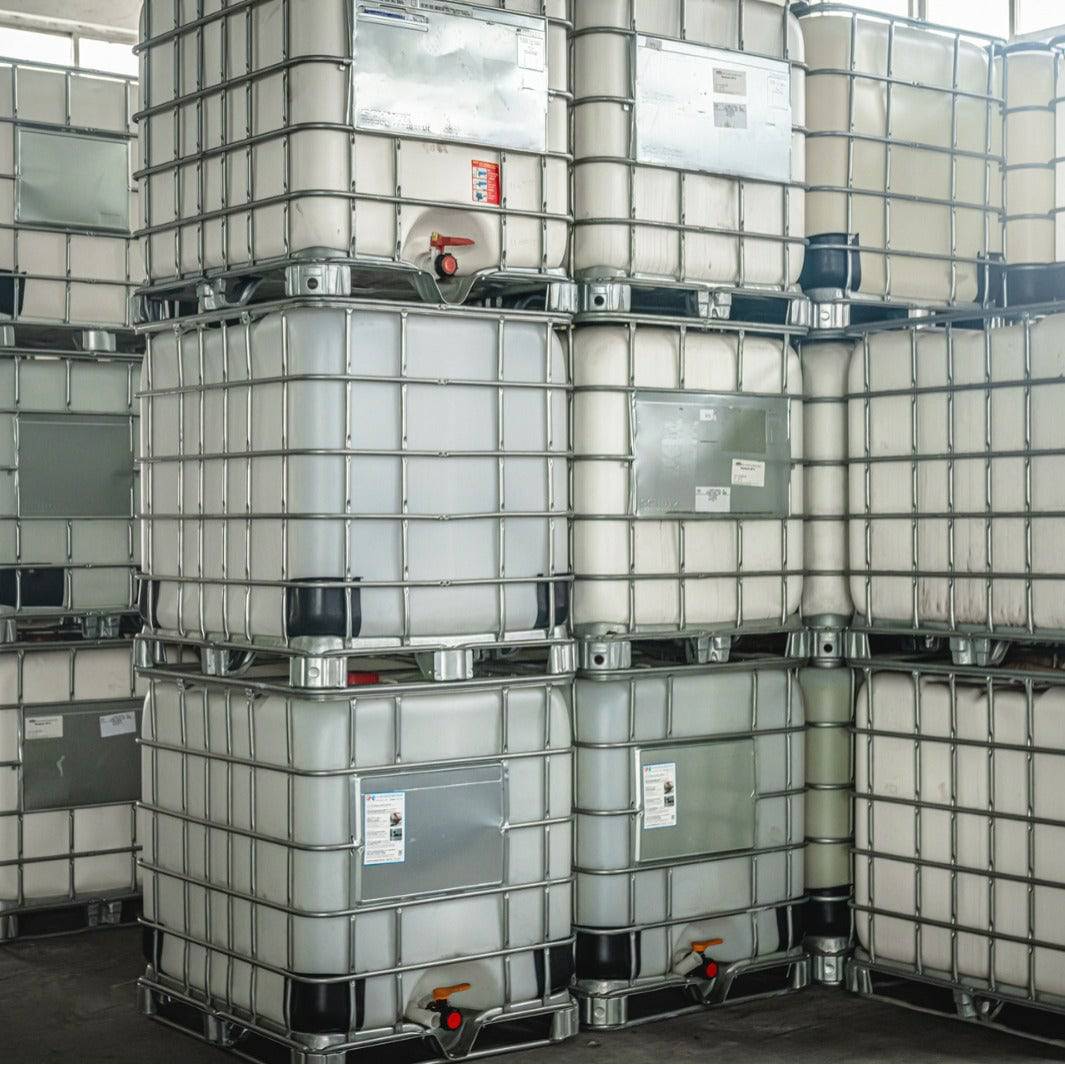How Heat Transfer Fluid Influences the Effectiveness of Cooling And Heating Solutions
How Heat Transfer Fluid Influences the Effectiveness of Cooling And Heating Solutions
Blog Article
Just How Warmth Transfer Fluid Contributes to Lasting and Affordable Procedures
In the modern industrial landscape, the role of warmth transfer fluids (HTFs) in promoting sustainable and affordable procedures can not be overstated. These fluids are critical in enhancing thermal administration systems, thereby considerably boosting power effectiveness and lowering operational costs. heat transfer fluid. The ecological benefits of sophisticated HTFs, with their high thermal stability and low poisoning, are undeniable.
Recognizing Heat Transfer Fluids
In the world of thermal management, heat transfer fluids (HTFs) serve as vital agents for transferring thermal energy from one location to an additional. These liquids play a pivotal duty in various commercial applications, including chemical processing, power generation, and HVAC systems. HTFs are especially crafted to run within a variety of temperatures, efficiently assisting in the transfer of heat while keeping a stable thermal profile. Their ability to function under extreme conditions-- whether high temperatures or cryogenic degrees-- makes them important in atmospheres demanding accurate thermal control.
The composition of warmth transfer liquids can vary substantially, including choices such as mineral oils, synthetic oils, glycols, and molten salts. Each type offers distinct benefits, such as improved thermal security, low thickness, and high boiling factors, which are picked based on particular functional demands. The option of HTF impacts not only the performance of warm transfer yet additionally the durability and security of the system in which it is employed.
As industries continue to introduce, the growth of advanced HTFs, characterized by their improved thermal conductivity and lowered ecological effect, is critical for satisfying the demands of modern thermal management obstacles.

Enhancing Power Effectiveness

Improving energy effectiveness has become a critical worry across numerous sectors, motivating a more detailed examination of heat transfer liquids' role in optimizing thermal administration systems. These fluids are important to preserving the wanted temperature in processes, consequently minimizing energy waste and boosting general system efficiency. By picking an ideal warmth transfer liquid, industries can considerably boost their power efficiency, leading to reduced power intake.

Advanced solutions of warmth transfer liquids have actually been created to hold up against severe temperatures while preserving security and effectiveness. These technologies prolong the functional life-span of the liquid, decreasing the frequency of replacements and energy-intensive upkeep tasks. Furthermore, making use of synthetic or bio-based liquids offers additional advantages in terms of reduced ecological effect, straightening with global sustainability goals. Improving energy efficiency with optimum warmth transfer liquid selection is not only a technological necessity yet likewise an ecological crucial.
Decreasing Operational Expenses
Functional costs are a considerable factor to consider for sectors looking for to keep affordable advantage, and the choice of heat transfer liquid plays a critical duty in price monitoring. see this here Selecting a suitable heat transfer fluid can cause significant expense financial savings by enhancing system performance and decreasing power consumption. High-performance fluids minimize thermal deterioration, which consequently decreases the frequency of fluid replacement and downtime connected with upkeep, thus reducing functional costs.
Additionally, warm transfer fluids with premium thermal stability you could look here and deterioration resistance extend the life-span of devices. This reduces the need for frequent repair work and substitutes, which can be pricey and turbulent to procedures. By buying premium fluids, sectors can achieve long-lasting decreases in upkeep costs and enhance the reliability of their systems.
Additionally, advanced warmth transfer liquids frequently show lower thickness at operating temperatures, which improves pump efficiency and minimizes energy use in liquid blood circulation. Numerous modern-day warmth transfer liquids are crafted to run effectively over a broad temperature level array, lowering the demand for numerous liquid kinds, consequently improving stock requirements and minimizing linked costs.
Ecological Influence Decrease
The press towards reducing ecological influence has actually acquired energy in industries leveraging warmth transfer liquids. Companies are increasingly identifying the relevance of decreasing eco-friendly footprints by taking on lasting techniques. Heat transfer fluids (HTFs) play a critical duty in this change, offering chances to boost energy efficiency and lower exhausts. By choosing HTFs with high thermal stability and low toxicity, industries can ensure very little leakage and destruction, hence reducing dangerous ecological releases.
In addition, using sophisticated warm transfer fluids contributes to improved system performance, decreasing the overall power usage. This reduction not only results in price financial savings but additionally reduces carbon dioxide discharges, assisting in the battle against climate adjustment. Fluids that are naturally degradable and recyclable even our website more enhance sustainability efforts, as they diminish waste and promote circular economy methods.
In addition, incorporating HTFs right into closed-loop systems avoids fluid loss and contamination of the surrounding environment. This technique makes certain that fluids are reused, reducing the demand for new sources and limiting waste generation. By accepting these ecologically aware approaches, sectors can dramatically diminish their environmental impact while keeping high operational performance, lining up with international sustainability goals and governing requirements.
Selecting the Right HTF
Choosing the proper heat transfer liquid (HTF) is an essential step in progressing ecological sustainability within industrial processes. The selection of HTF directly affects system efficiency, power intake, and environmental influence. A suitable HTF must have a high thermal capacity, low viscosity, and high thermal conductivity to make certain efficient warm transfer. Furthermore, its security over a wide temperature variety is important to stop destruction, which can result in boosted emissions and waste.
This ensures longevity and reduces maintenance costs. The fluid ought to be safe and biodegradable, lessening its ecological impact and making sure compliance with ecological guidelines.
Final Thought

Report this page